Insomnia, a sleep disorder characterised by the inability to fall or stay asleep, affects millions of people worldwide, and for some, it can become a chronic condition that significantly impacts their daily lives. According to a study, approximately 1 in 3 Malaysians suffer from symptoms of insomnia (1). Insomnia can manifest in different ways, such as difficulty falling asleep, waking up frequently during the night, waking up too early in the morning, or feeling tired and unrefreshed after sleep.
Despite its prevalence, insomnia is one of the most misunderstood disorders and people should understand the difference between insomnia and poor sleep, for insomnia is a sleep disorder while poor sleep may just be a symptom of underlying mental and physical health problems. A comprehensive physical exam and an overnight sleep test could be all that stands between you and the rest you need. That is why it’s important not to let common myths about insomnia keep you up at night while coping with the condition.
Let’s debunk the most prominent and problematic sleep myths surrounding insomnia that will provide you with comprehensive knowledge to help you get the sleep you need!
Myth #1 – How long you sleep is all that matters
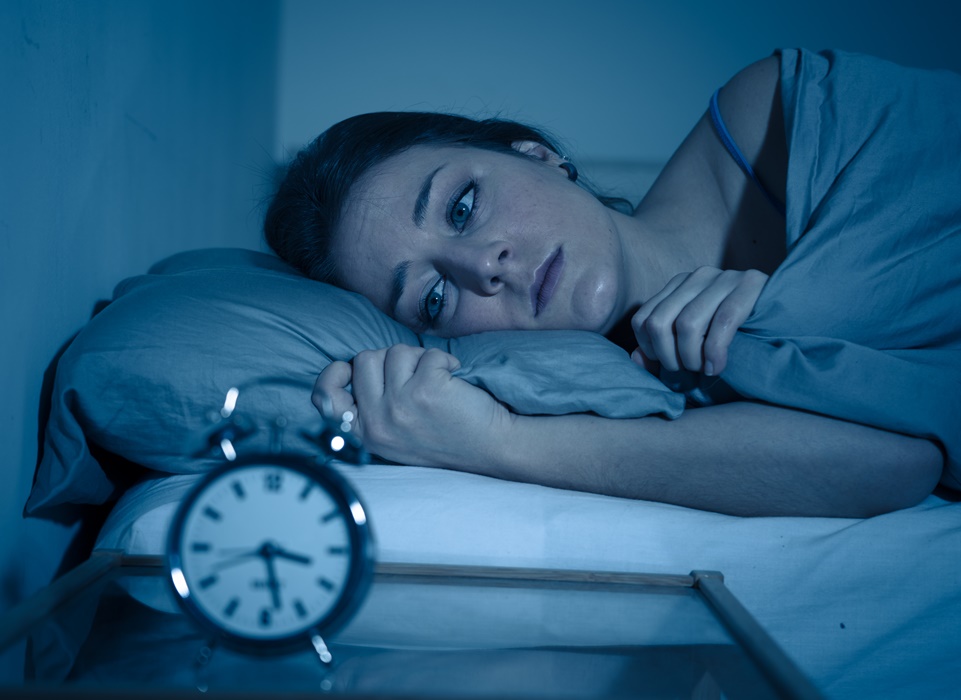
Many people with insomnia are fixated on the idea of getting eight hours of sleep, which can create additional stress and hinder their ability to fall asleep. However, the truth is that the ideal amount of sleep varies from person to person (2), and it’s not just about the quantity of sleep but also the quality. Good sleep quality means having uninterrupted and continuous sleep. By improving sleep quality, you can help reduce stress and anxiety, which are significant contributors to insomnia. It’s important to prioritise healthy sleep habits and find what works best for you to ensure that you get the quality and quantity of sleep your body needs to function at its best.
Myth #2 – Alcohol can help you sleep if you have insomnia.
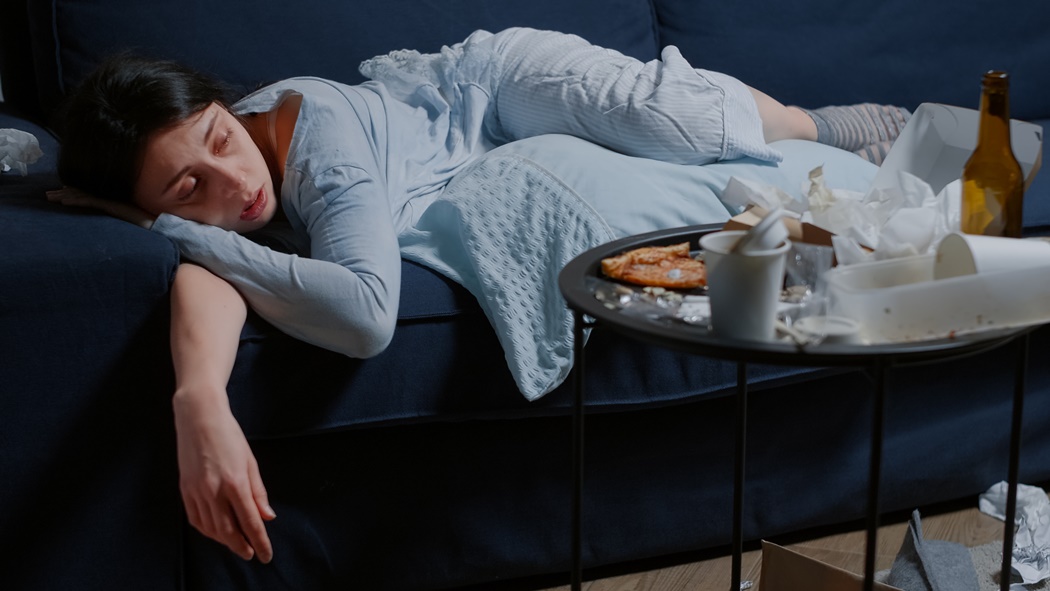
The idea that alcohol can aid sleep is a popular misconception that many people with insomnia believe. While alcohol may induce drowsiness and help you fall asleep initially, it can ultimately disrupt the quality of your sleep (3). Consuming alcohol before bedtime can make it less likely that you will experience deep, restful sleep but more likely that you will wake up frequently during the night – which in turn can result in a groggy feeling the following day and exacerbate the cycle of insomnia. Therefore, it is best to avoid alcohol consumption before bedtime, as it can do more harm than good when it comes to achieving quality, restful sleep.
Myth #3 – There’s nothing you can do about insomnia.
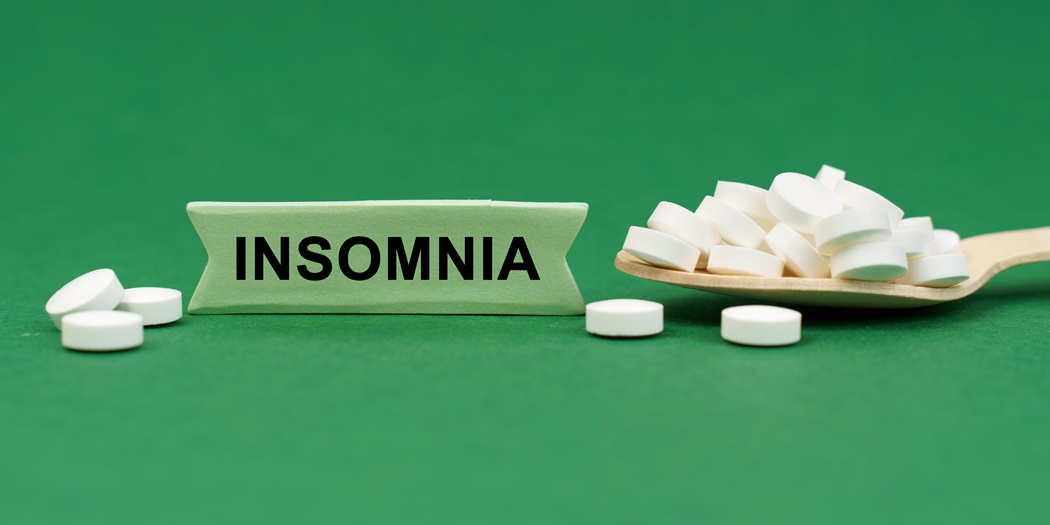
Insomnia can be a frustrating and disruptive medical condition that affects an individual’s ability to fall or stay asleep. That said, the idea that nothing can be done to address it is simply a myth. There are many evidence-based treatments, including prescription medicine, that can help to alleviate insomnia symptoms and improve sleep quality.
It was found that a neuropeptide called orexin plays a major role in regulating wakefulness and modulating the sleep-wake cycle (4). A dual orexin receptor antagonist can be one potential treatment option that works by blocking the orexin system in the brain.
Insomnia can have a profound impact on a person’s quality of life. Certain controlled medication can be an effective solution that works with the body’s natural sleep-wake cycle to help patients fall asleep and stay asleep. With the help of dual orexin receptor antagonist, it may be able to combat insomnia and provide patients with the restful sleep they need to wake up feeling refreshed and energised (6).
Myth #4 – Insomnia is a normal part of aging.
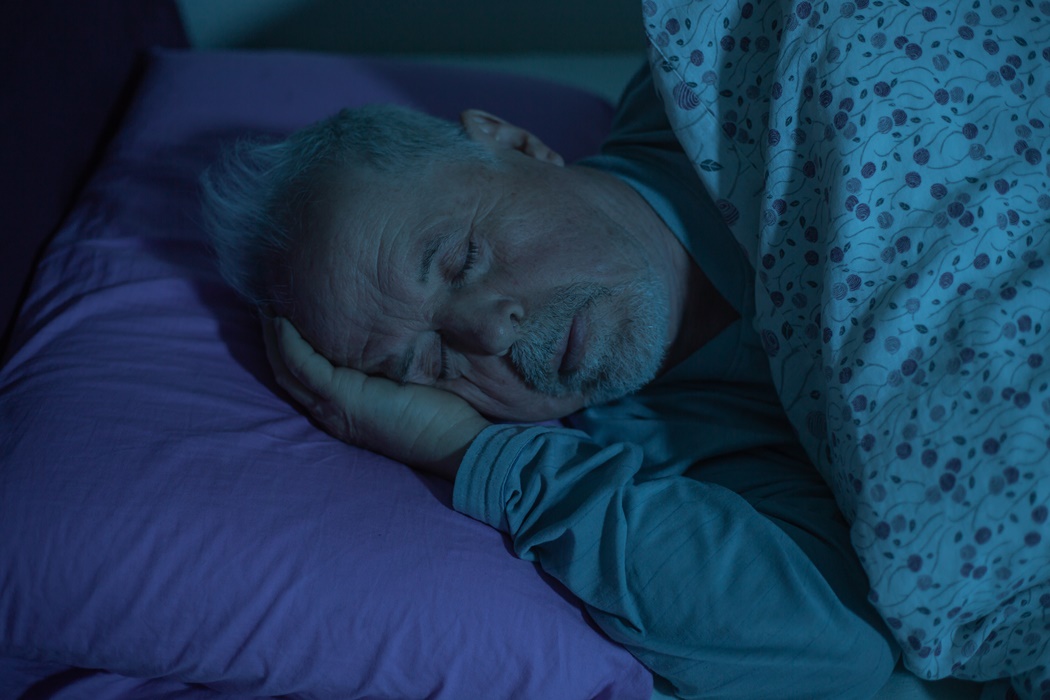
Many people believe that insomnia is an inevitable aspect of aging, but this is a myth! While it’s true that sleep patterns can change as we get older, insomnia is not an inherent part of the aging process.
It is crucial to address sleep problems, especially in older adults as they can have serious consequences on health and quality of life, and believing this myth may lead to poor work performance, increased risk of accidents and even compromise your physical and mental well-being. While it’s possible to learn to cope with less sleep, it’s impossible to train your body to need less sleep. Therefore, it’s important to address sleep issues in older adults and seek appropriate treatment to ensure they get the restful sleep they need for optimal health and well-being.
Myth #5 – All treatments for insomnia work the same.
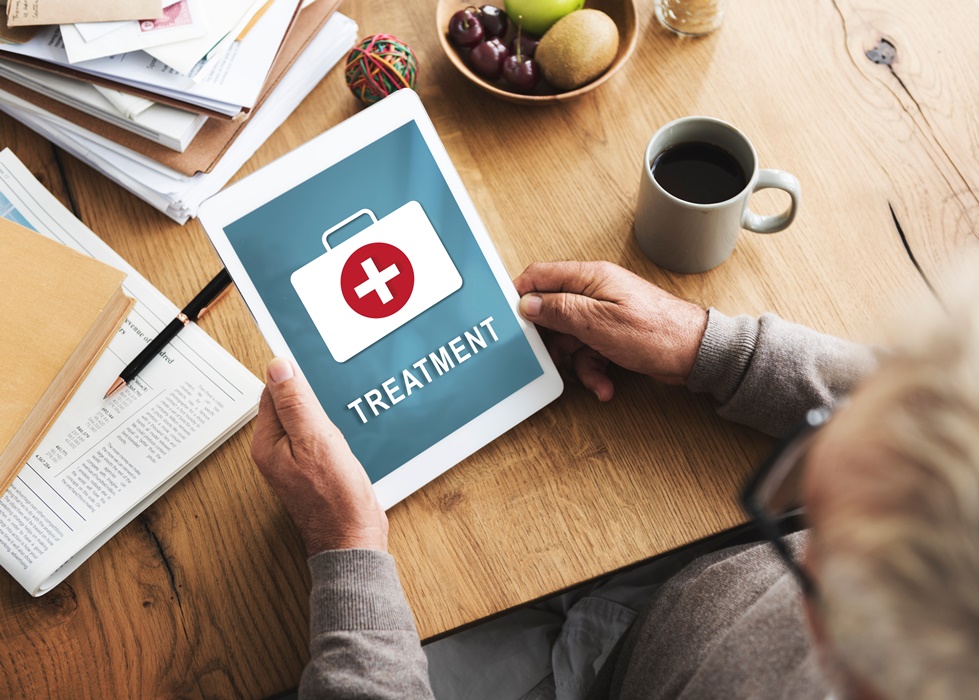
This is not entirely true nor accurate! While some treatments may share certain similarities, there are significant differences between various classes of treatments used to manage insomnia. For instance, benzodiazepines and z-drugs activate and promote the sleep signaling pathway in the brain, while orexin receptor antagonists block the wakefulness pathway (5). However, it is important to note that different individuals may respond differently to various treatments; as such there is no one-size-fits-all solution for insomnia and not all treatments work equally well for everyone
In conclusion, understanding the truth about insomnia and its treatment is crucial for improving sleep quality and overall health. If you suspect that you may have insomnia, it is essential to seek help from a healthcare professional for an accurate diagnosis and personalised treatment plan. Remember that there are evidence-based treatments available that can you manage your symptoms and improve your sleep quality. So don’t let the myths surrounding insomnia prevent you from taking action and achieving the restful sleep you deserve. Take control of your sleep today and start enjoying the benefits of a good night’s rest!














